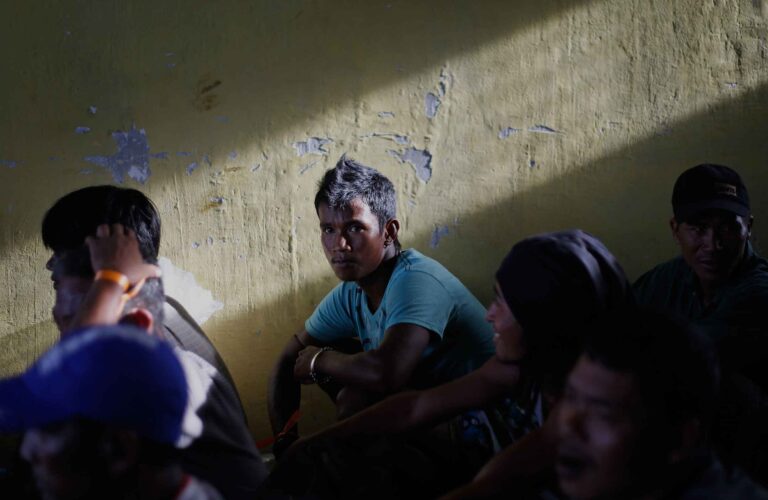One of the most impressive people I’ve met was a woman from Myanmar named Esther. We participated in a program together, and she casually mentioned that she had won a Pulitzer. She didn't even mention that she and her colleagues at the Associated Press had conducted an 18-month investigation that freed 2,000 Burmese slaves.

I asked her how often she goes home. She said never, because she is an enemy of the state for reporting on the Rohingya refugee crisis. When she did visit, she had to sneak across the border under an assumed identity, ensuring she wasn’t using anything digitally traceable, because the state was surveilling and tracking her. It made me look at privacy in a way I never had before.
You don’t think about what being restricted means, until you can't move freely in the ways you want.


